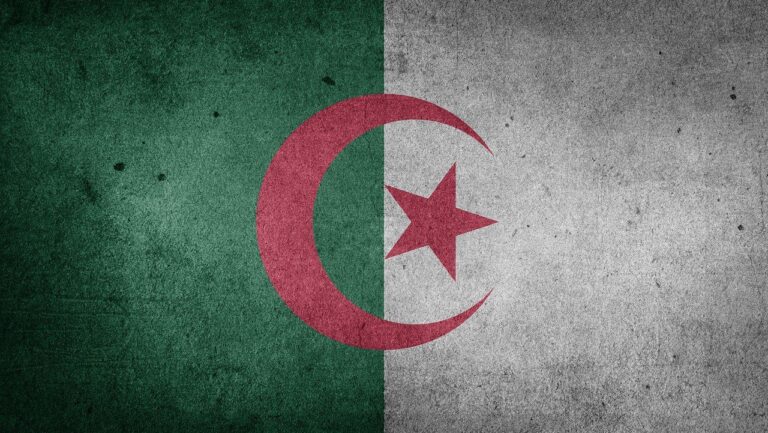On Sunday, October 2nd, Prime Minister Krisjanis Kariņš’ ruling center-right New Unity party emerged victorious after garnering 18.9% of all votes in Latvia’s general election. The Baltic country’s centrist parties were not too far behind, while those sympathetic to pro-Moscow sentiment have cratered.
With all ballots from the Saturday vote counted, Kariņš’ New Unity party can now begin the work of putting together its next coalition government. Kariņš, a 57-year-old dual Latvian-U.S. citizen, commented earlier that it would be easiest if he could continue with the same coalition he has currently.
In a Sunday tweet, the Latvian Prime Minister thanked all who voted for his party, as their “trust and support” imposed a “great responsibility” due to which he would “continue to serve society.”
Latvijas iedzīvotāju izteiktā uzticība un atbalsts uzliek lielu atbildību, ar kādu arī turpmāk kalpošu sabiedrības labā. Paldies visiem vēlētajiem, kas balsoja par @Jauna_Vienotiba komandu un ir gatavi kopīgi rīkoties mūsu Latvijas nākotnei. 🇱🇻
— Krišjānis Kariņš (@krisjaniskarins) October 2, 2022
According to the Central Election Committee, initial voter turnout was 59%—an increase of around five percentage points from the 2018 election.
Only seven parties (or ‘joinings’ through electoral alliances) passed the 5% barrier and hereby secured representation at the 100-seat Saeima legislature.
The New Unity’s opposition, made up of the Union of Greens and Farmers, was second with 12.8%, and the new centrist electoral alliance United List—made up of various regional parties—was third with 11%. Others include the center-right National Alliance and the centrist Development/For!, which are both members of Kariņš’ current minority coalition government.
None of the parties catering to Latvia’s ethnic Russian minority, which makes up more than 25% of the country’s 1.9 million population, managed to secure a seat.
Unity proved difficult to acquire, as neighboring Russia’s war in Ukraine had caused many ethnic Latvian voters to turn away.
The most dramatic example of this was to be found in the left-leaning Harmony party (traditionally home to Russian speakers, including Belarusians and Ukrainians) which saw its support drop to 5% after securing the largest share of the vote (20%) in the 2018 election. It was then excluded by other parties from entering the government. This time, it equally managed to frustrate some Russian speakers, as its party leadership had voiced criticism of the Kremlin over Ukraine.
Ever since Russia’s invasion of Ukraine last February, Kariņš has maintained a strict policy towards Moscow, which included restricting entry of Russian citizens traveling from Russia and Belarus. Since Latvia is an EU member state, alongside the other Baltic states of Lithuania and Estonia, it is thus expected to remain vociferous in denouncing Moskow.
Analysts however fear Kariņš’ victory could widen the rift between the country’s Latvian majority and its Russian-speaking minority, as each strives to find its place in a Latvian society changed by the war.
Apart from that one hot-button issue, Latvia’s economic situation—like that of most European countries this year, particularly dire due to inflation and high energy prices—was the main driver.
Latvia has been a member of the European Union and NATO since 2004.





